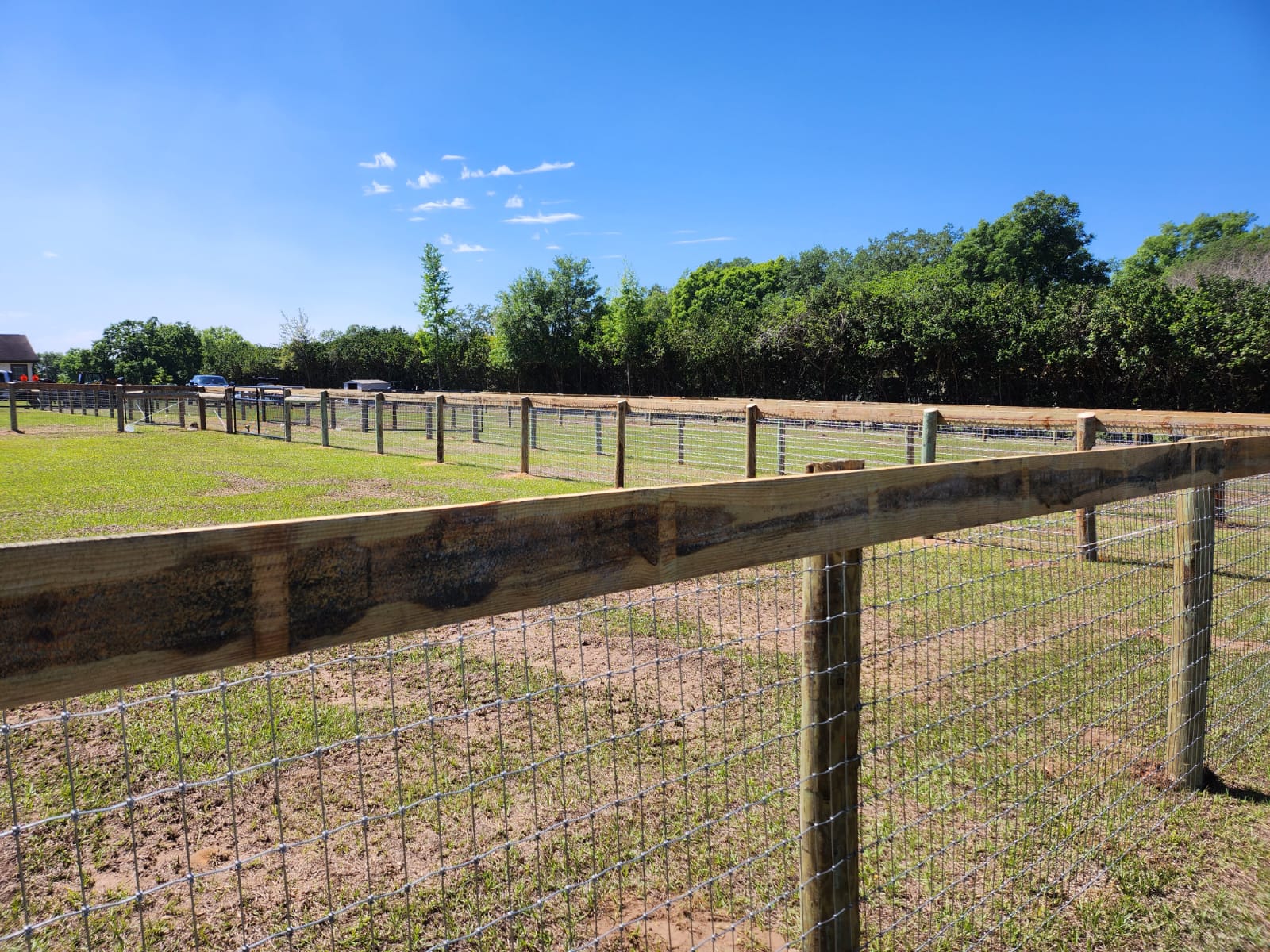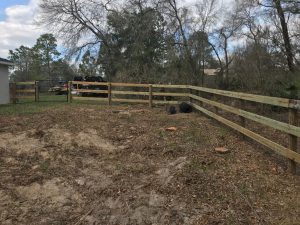How to Choose the Perfect Fence for Your Property: Tips and Tricks
Choosing the perfect fence for your property can be daunting with the vast array of styles, materials, and prices available in the market. However, installing a fence is an essential aspect of homeownership, and it enhances the property’s privacy, security, and aesthetics. This guide offers valuable tips and tricks to help you make an informed decision while selecting a fence for your property.
Evaluating Your Property: What to Consider Before Installing a Fence
Before installing a fence, it’s crucial to evaluate your property’s conditions to make sure that the fence suits your property’s specific needs. Here are some factors to consider before selecting a fence.
Determining Your Property Boundaries
Knowing your property boundaries is vital before installing a fence to avoid any legal disputes with your neighbors. You can hire a surveyor to identify the property lines if you don’t already have a clear understanding of the boundaries. Also, you might need to obtain a building permit and adhere to zoning regulations in your area, so be sure to consult local regulations before installing the fence.
Examining Your Property’s Landscape and Terrain
Another aspect to consider when installing a fence is the terrain and landscape of your property. Terrain conditions may impact the type and design of the fence you can install. For instance, sloping landscapes might require stepped fencing, which increases installation costs. Before investing in a fence, evaluate your property to determine the best fence design and installation method.
Understanding Your Privacy Needs: Selecting the Right Fence Style
Privacy is a crucial factor to consider when selecting the right fence style for your home. You’ll want to choose a fence that meets your privacy, safety, and aesthetic preferences. Here are some things to consider while choosing a fence.
Exploring Different Fence Materials and Their Benefits
Fencing materials come in different options, each with distinct benefits, drawbacks, and maintenance requirements. Here are some common fence materials on the market:
– Wood: Cedar, redwood, and pine are popular wood options for fencing. They offer natural beauty, excellent privacy protection, but require regular maintenance to prevent rotting and termite damage.
– Vinyl: Vinyl fencing is durable, easy to clean, and requires minimal maintenance. They come in different styles, colors, and designs that mimic the look of traditional wooden fences.
– Aluminum: Aluminum fencing is durable, rust-resistant, and requires little maintenance. They offer excellent protection against outdoor nuisances, and their sleek appearance complements modern home designs.
Balancing Security and Aesthetics
When selecting a fence, you’ll want to balance security and aesthetics. For instance, a privacy fence with solid panels offers excellent security, but it can be bulky and impede the view. On the other hand, ornamental fences, like picket fences, offer minimal privacy but enhance your property’s curb appeal.
Staying Within Your Budget: Tips for Affordable Fence Installation
Fencing can be pricey, and it’s essential to choose a fence that fits your budget. There are several cost-cutting measures to consider when installing a fence while still keeping it within your budget.
Cost-Cutting Measures to Consider
– Choose the right materials: Basic materials like wood and chain link are cheaper than luxury options like vinyl and wrought iron.
– DIY installation: Consider installing the fence yourself, as it saves you labor costs. However, only do this if you have the necessary skills, tools, and experience to avoid costly mistakes.
– Reduce the fence’s length: Set priorities and find ways to reduce the length of the fence to reduce the material costs.
Weighing the Benefits of Professional Installation vs. DIY
One of the biggest issues homeowners face is deciding whether to have the fence installed by professionals or do it themselves. Hiring a professional may be a costly option, but it’s worth considering if you lack the time or expertise to install the fence yourself. Professional installation offers several benefits, including time-saving, excellent workmanship, insurance-protected work, and guarantees.
Conclusion
In conclusion, selecting the right fence for your property comes down to understanding your privacy needs, evaluating your property, and staying within your budget. Consideration of these factors will help you choose a fence that meets your specific needs while providing the privacy, security, and aesthetics that your home deserves.




